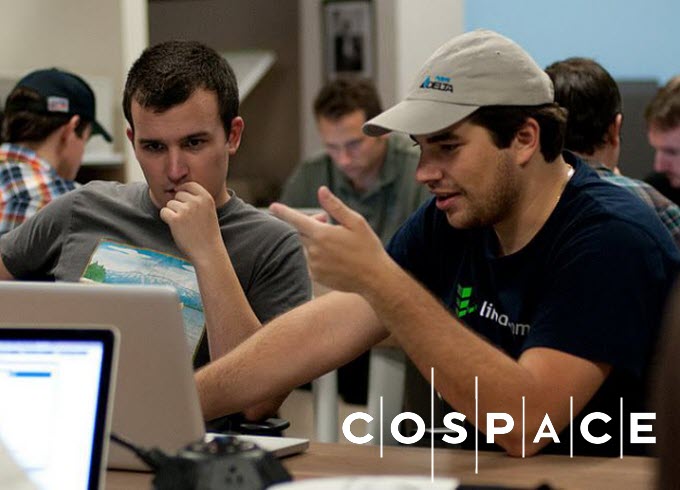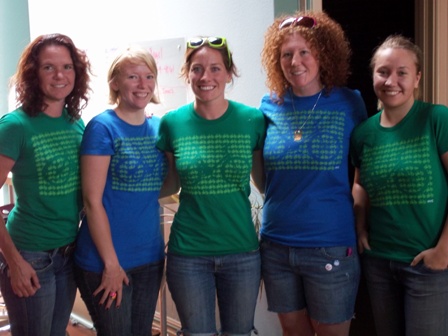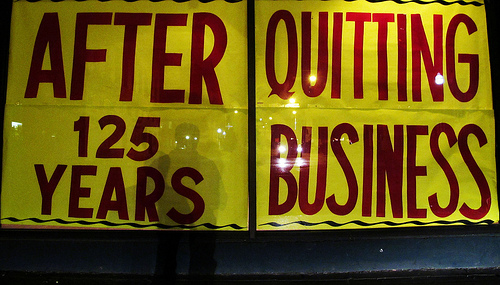Post Author: Eddie Arrieta.
Without a doubt Medellin is one of the most important and recognized cities in Latin-america. It is evident that the difficult that came as a result of the growth and consolidation of Narco-traffic in Colombia have made many decide to leave. Fortunately, this panorama has changed in the last 10 years. Government and private institutions have made an effort to make of Medellín the next innovation center of Latin-America
The support given by government institutions such as Ruta N and iNNpulsa have helped entrepreneurs in the city. Likewise, there are local initiatives such Coffeegrid, which gives a plataform for discussion in topics such as innovation, entrepreneurship and technology. These spaces have provided young entrepreneurs a plce to do networking. Johanna Molina Co-Founder of Intern Latin America expresses that ¨Medellín City is more attractive than ever before¨. and she is not the only one ¨I can see how a digital initiative can grow in an environment like this¨ says Jesse Hopps CEO of Demand Metric.
Evidently, Medellin needs more than just one tool or institution to become a hub of entrepreneurial suggest. The ecosysten in Medellin, similar to others in Latin america, requires a different mindset. Such mentality should favor the entrepreneurial culture. This is why public and private organization in Medellin have become so crucial to the environment. Clearly, every actor involved in entrepreneurship has responsibility in this process and a role to play in the ecosystem.
Conrad Egusa and I have tried finding different ways to support entrepreneurship in Medellín. This is the reason why we founded ESPACIO. This initiative started in October of 2012 in the heart of Parque Lleras an affluent area of this city. ESPACIO has partnered with: .CO INTERNET, the Founder Institute and Ruta N. Our goal is to cultivate and ecosystem of entrepreneurship, collaboration and networking in Medellin. We facilitate to entrepreneurs such as Ana Corena, founder of eSe Conectivo, the possibility of growing in a well located office, getting advice from mentors and co-workers and launching her startup successfully.
¨Co-Working¨ is a concept that goes beyond working at the same office. Co-Working, as well as startup life is way of living. For members of a Co-Working space it is almost required to collaborate. In fact entrepreneurs such as Giovanny Gomez Founder of GTEKSYS, sharing their ideas and supporting other entrepreneurs has become a common practice.
It evident that there is a lot of work to be done before Medellin can compete with the largest entrepreneurial centers of the world. However, the hard work of leaders and entrepreneurs in the city will continue transforming it into an innovation center. Every entrepreneur still needs to grow and to learn, but the tools they have available will help them get there. Medellin will certainly depend on the success of these entrepreneurs and their ideas. As Stacy Blackman President of Stacy Blackman Consulting mentioned ¨A profession needs to know where he is going. Never playing with ideas, but implementing them.¨
Eddie Arrieta is the Co-Founder, ESPACIO and tuCaribe. ESPACIO is the first Co-Working space in Medellin, Colombia. tuCaribe is the first tour operator in the Golfo de Morrosquillo, Colombia.
https://twitter.com/Fishedinson





